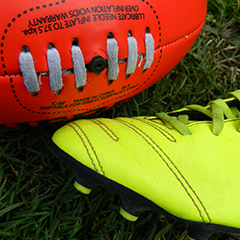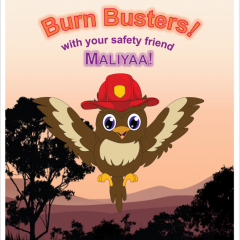
University of Queensland research has found artificial intelligence needs a human teammate to maximise accuracy in face recognition.
Dr Alice Towler from UQ’s School of Psychology studied how human experts and artificial intelligence identify faces.
“We found when humans and AI work together they achieve the highest face recognition accuracy possible, higher than either can achieve alone,” Dr Towler said.
“Driving the advantage of these human-AI teams appears to be diversity in how they identify faces.
“Human experts and AI disagree on the similarity of faces, which means they find different faces difficult and can catch each other's errors.
“We also found significant differences in how human experts, which included naturally skilled super-recognizers and trained forensic examiners identified faces.
“Super-recognizers were fast, biased to respond 'same person' and misidentified people with extreme confidence, suggesting they would be well-suited to time-critical face recognition roles such as border control and surveillance operations.
“In contrast, forensic examiners were slow, unbiased and avoided misidentification errors, suggesting they are ideally-suited to high-stakes roles such as presenting face recognition evidence in court.”
The research compared results from an international forensic science proficiency test consisting of 20 challenging face comparisons that reflect real-world forensic practice.
Recruited from 27 forensic departments in 14 countries across Europe, Africa, Oceania, and the Middle East, participants responded using a scale which included extremely strong support for different people, extremely strong support for the same person and inconclusive evidence for either conclusion.
Dr Towler said the results challenge the current perception that the three types of experts are interchangeable.
“Organisations should think twice before replacing humans with AI, or recruiting a super-recogniser to present face recognition evidence in court,” Dr Towler said.
“Our findings reveal multiple types of facial recognition expertise, each of which has its own strengths and weaknesses.
“We hope these results are used to inform the procedures organisations use to identify people involved in crime, ID document issuance, visa processing, and national security surveillance operations.”
This study is published in Scientific Reports in Nature.
Media: Kirsten O’Leary, UQ Communications, k.oleary@uq.edu.au, +61 412 307 594 @UQHealth



